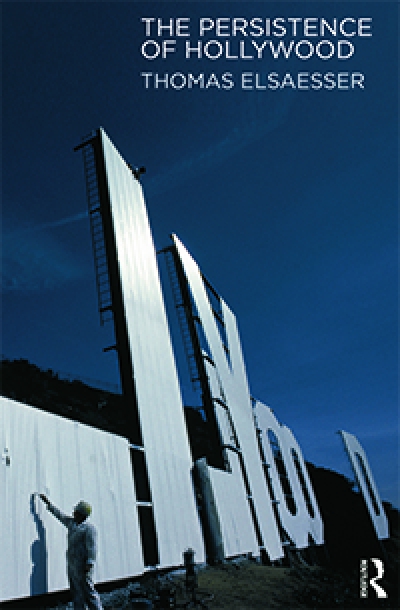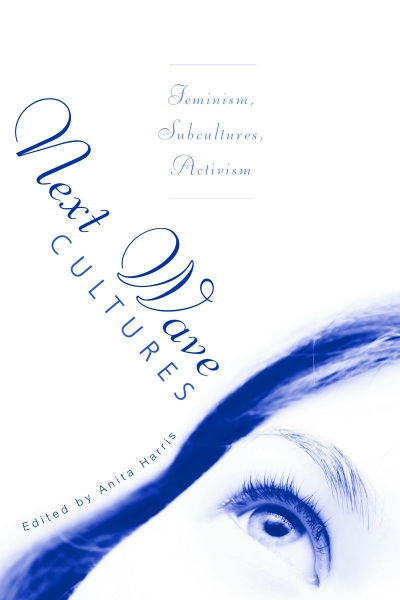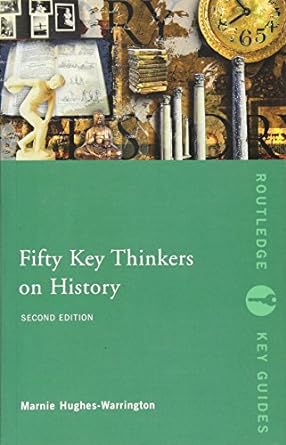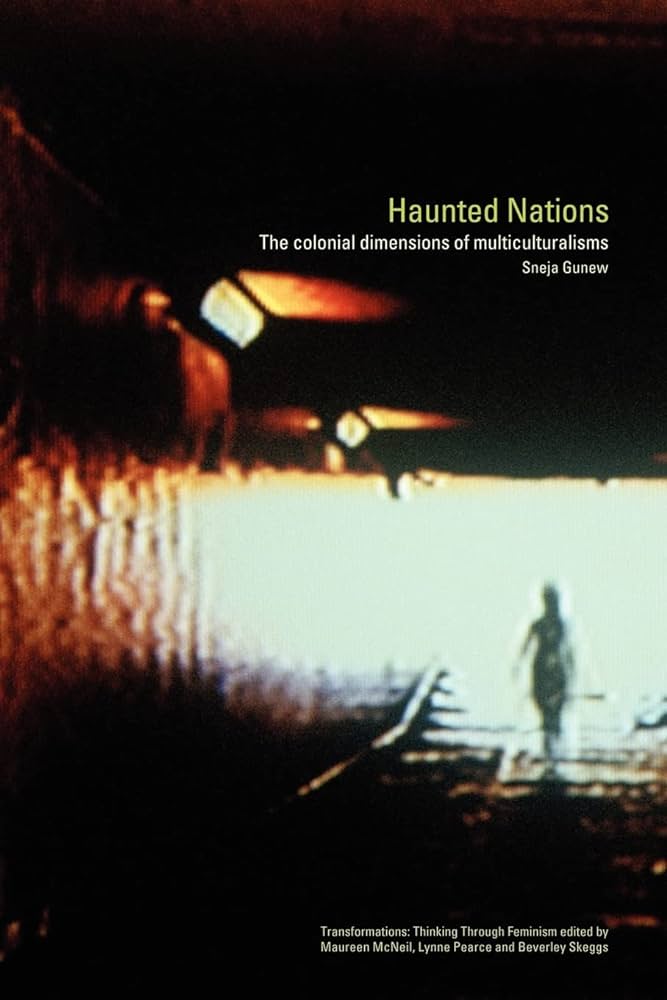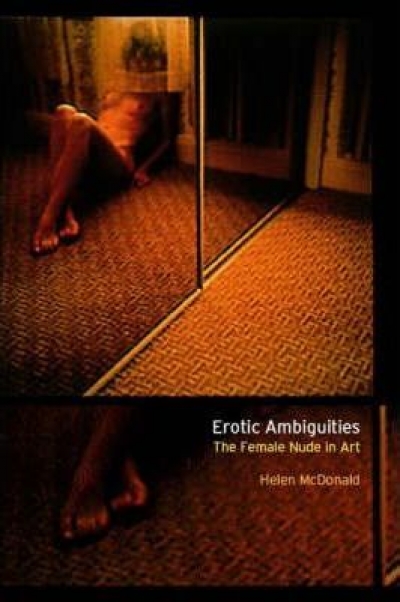Routledge
Film | Theatre | Art | Opera | Music | Television | Festivals
Welcome to ABR Arts, home to some of Australia's best arts journalism. We review film, theatre, opera, music, television, art exhibitions – and more. To read ABR Arts articles in full, subscribe to ABR or take out an ABR Arts subscription. Both packages give full access to our arts reviews the moment they are published online and to our extensive arts archive.
Meanwhile, the ABR Arts e-newsletter, published every second Tuesday, will keep you up-to-date as to our recent arts reviews.
Recent reviews
Wave Cultures: Feminism, subcultures, activism edited by Anita Harris
by Kate Goldsworthy •
Fifty Key Thinkers on History: Second Edition by Marnie Hughes-Warrington
by Beverley Kingston •
Indonesia’s War Over Aceh: Last stand on Mecca’s porch by Matthew Davies
by Damien Kingsbury •
Australia: Nation, belonging, and globalisation by Anthony Moran
by Tim Rowse •
Haunted Nations: The colonial dimensions of multiculturalisms by Sneja Gunew
by Nikos Papastergiadis •
Japan From War to Peace: The Coaldrake Records 1939-1956 edited by William H. Coaldrake
by Vera Mackie •
Erotic Ambiguities: The Female Nude in Art by Virginia Rigney
by Virginia Rigney •

